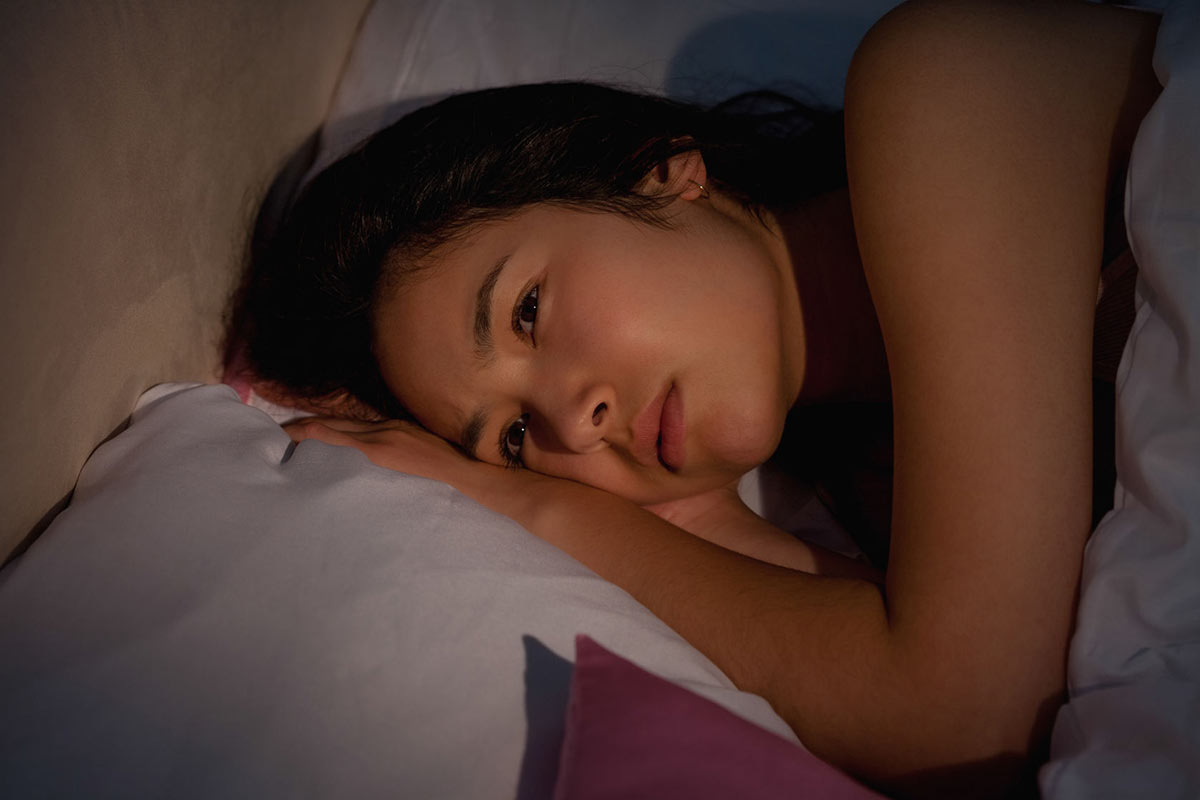12 Natural Ways to Improve Insomnia in Lyme Disease
I have had serious struggles with insomnia from Lyme disease and have learned some powerful natural strategies, some of which improved my insomnia dramatically. In this article I will share 12 natural ways you can improve insomnia in Lyme Disease.
Unfortunately, people with Lyme disease invariably suffer from insomnia. Our bodies go through processes of self-repair while we sleep, so getting restorative sleep is essential for your body to heal. Lack of restorative sleep can hinder the detoxification process and alter your immune system, among other things, which is why breaking the cycle of insomnia is vitally important.
Naturally Improve Insomnia in Lyme Disease
- Don’t eat too late. Eating right before bed can cause a disruption in a healthy sleep pattern. Your body needs time to digest, so ultimately, you should not eat 2-3 hours before going to sleep.
- Avoid stimulants. Caffeine, alcohol, nicotine and sugar will all interfere with your sleep and tend to cause inflammation, which is why they are never a part of the Lyme Inflammation Diet®. If you are still using any of the above, however, do your best to avoid them for as many hours as possible before bed.
- Exercise. Exercise not only aids in healing, but is also beneficial for healthy sleep. Exercising too close to your bedtime can be a stimulant though, so it’s best exercise earlier in the day.
- Avoid stimulation late at night. Watching television or spending time on the any electronic devise is stimulating. It’s best to avoid these activities at least an hour before bed.
- Have an EMF free zone. Several doctors have warned me that electromagnetic frequencies (EMFs) from electronics can interfere with sleep so avoid storing your phone, tablet, computer, etc. in your sleep space.
- Engage in relaxing night time activities. Start winding down for the night by taking a bath or hot shower, meditating, gentle yoga, listening to relaxing music or reading a book in a room other than your bedroom.
- Make your room a sleep sanctuary. When in bed, avoid watching TV or reading. By doing this, you will help condition your mind and body to recognize your room as a place to sleep.
- Be comfortable. Your room should be cool (around 65-67 ºF). An overly warm room can interfere with sleep. Make sure your room is clean, dark and quiet, and that your bed and pillows are supportive. Our bedroom has blackout curtains and is pitch black at night. You can also spray some lavender in your room, which is sometimes used as a sleep aid.
- Sleep schedule. Going to sleep and waking up at the same time every day helps to promote a routine for your body and can aid in bumping your Circadian rhythm back into place. This one technique had the biggest impact for me.
- Limit napping. It’s important to avoid napping during the day if possible, as it can disrupt your internal clock and may make your insomnia worse. If you must nap, try to limit it to half an hour.
- Don’t watch the clock. If you have a clock near your bed, move it so it’s not in view. Watching the clock will cause you to worry about how long you’ve been awake, or how much time you have left in bed, which can prevent sleep.
- Get up. If the above techniques do not help, and you’ve spent more than 20 minutes lying in bed, it’s best to get up, leave your room and do something until you feel tired, and then try again (no electronics, see above). Lying in bed worrying about not sleeping will only cause stress and further delay sleep.
If you find that none of these techniques help provide you with a full night’s sleep on a regular basis, discuss sleep aids with your doctor. Temporary use of a natural sleep aid, such as melatonin, can be helpful in improving your sleep pattern. Your doctor might also suggest that you participate in a sleep study to screen for sleep apnea. As a last resort you can speak to your doctor about the possibility of sleep medication.
Written by Laura Piazza • Photo copyright: wavebreakmediamicro / 123RF Stock Photo




